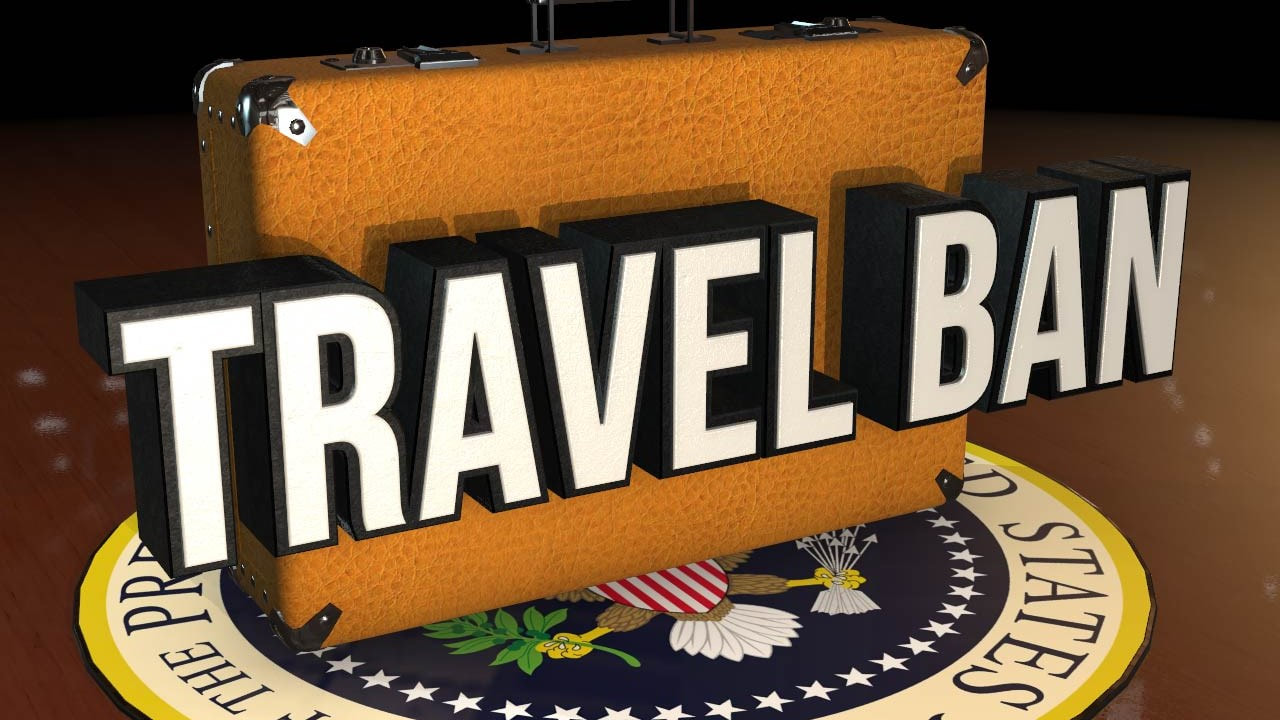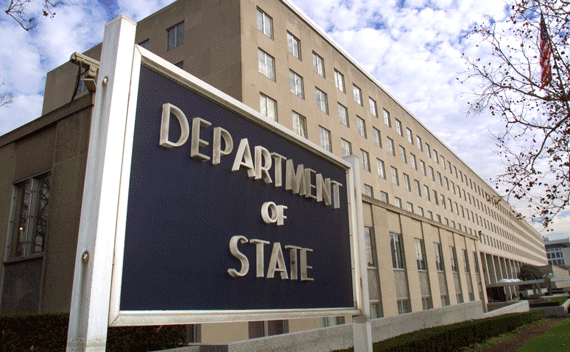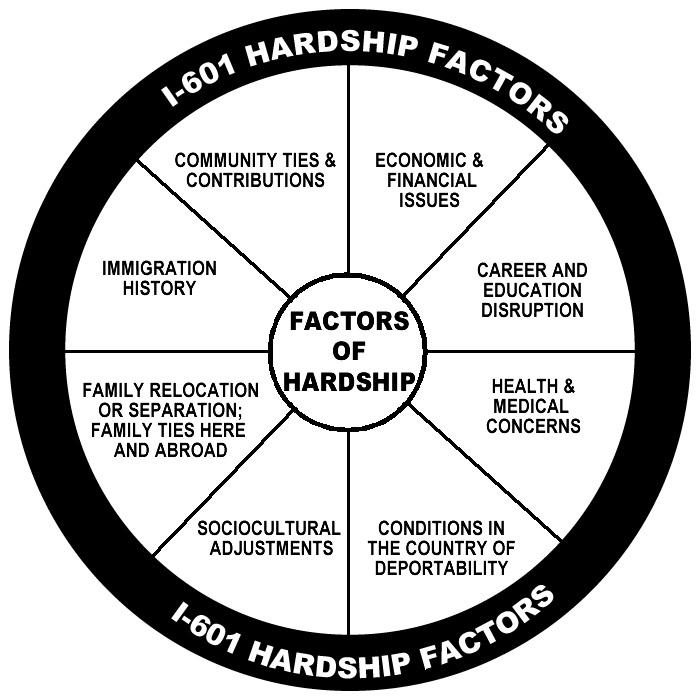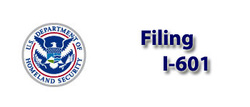On June 18, 2024, President Biden announced actions to facilitate waivers of inadmissibility (ineligibility to enter the U.S.) for certain college-educated DACA recipients who apply for temporary visas for “high skilled” jobs. The administration will direct the U.S. Department of State to update its guidance for the issuance of certain waivers so that qualifying DACA recipients can travel abroad to obtain temporary work visas without facing a ten-year penalty they would otherwise face when they depart the U.S. for processing. This new guidance will remove obstacles for certain DACA recipients, who currently do not have an independent pathway to lawful permanent resident status, to obtain a temporary work visa status that can more readily lead to a path to employment-based sponsorship of their green cards.
To qualify, DACA recipients must have a degree from an accredited U.S. institution of higher education and a job offer from a U.S. employer in a related field.. Since DACA recipients either entered without authorization or were out of status when they received DACA protection, they are typically ineligible for a transition to a lawful status within the U.S.
Under current law, they are required to “consular process” outside the U.S. and obtain a work visa at a U.S. consulate. The individual’s departure from the U.S. could trigger removal bars (similar to those described above), requiring the individual to obtain a temporary waiver of inadmissibility from the government. These waivers, known as “d3 waivers” based on the section of the INA to which they relate, can take months to obtain and the outcome of such a waiver is not certain. These cumulative issues have chilled the interest of many employers and DACA recipients in pursuing these waivers.
In the coming weeks, the administration is expected to announce additional steps to streamline the availability of waivers. The U.S. Department of State will announce changes to its process for granting such waivers to DACA recipients through updates to the Foreign Affairs Manual, and DHS has indicated that it will adopt the State Department’s policy changes. These steps, if implemented, are very good news for many employers and the DACA recipients that they employ by providing a more efficient, robust and reliable process for transitioning DACA recipients to a more stable and lawful status in the U.S.




















 RSS Feed
RSS Feed